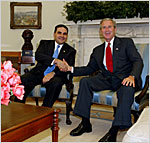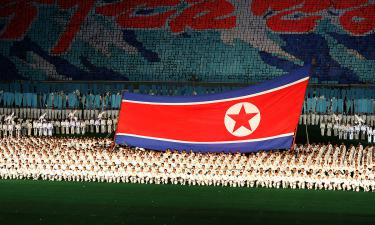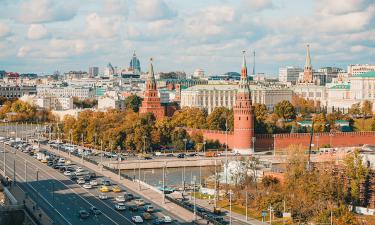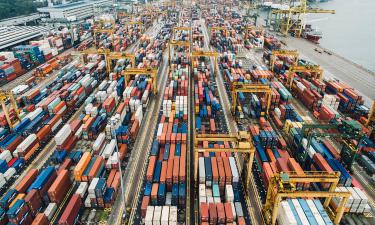El Salvador becomes first Central American nation to join free trade pact with US
El Salvador on Wednesday became the first Central American nation to join a regional free trade agreement with the United States.

President Tony Saca inaugurated the Central American Free Trade Agreement in a ceremony at a food exporting company that he says symbolizes the added wealth the agreement will bring to El Salvador.
But about 3,000 people marched elsewhere in the capital, San Salvador, to protest the agreement, which they say will hurt local farmers, street vendors and organized labor faced with competition from cheaper goods or with tighter restrictions on sales of counterfeit goods.
U.S. Ambassador Douglas Barclay and Salvadoran business leaders were on hand at the ceremony at the Rio Grande Exporter Co., which ships fruit drinks, frozen tamales and other foods to the United States.
"From this day on we can count on a much larger market for our exported products and services," Saca said
He added that the agreement will generate more jobs, boost the economy and "improve living conditions for Salvadorans."
El Salvador is the first of six Latin American countries to meet conditions required by Washington to join the treaty. Guatemala, Honduras, Nicaragua, and the Dominican Republic have ratified the treaty but are still working on enabling legislation. Costa Rica's legislature is still debating the accord.
The agreement was scheduled to take effect Jan. 1, but it has run into a series of obstacles as countries have had trouble passing legislation to lower trade barriers and improve protection for copyrights and patents, a key U.S. demand.
El Salvador already is Washington's closest political partner in the region. The country has made the U.S. dollar a domestic currency and is the only Latin American country with troops still serving alongside U.S. forces in Iraq.
Saca said El Salvador can now export cotton, coffee, sugar and traditional candies, along with canned tuna, shrimp and other seafood.
The government predicts the agreement will spur economic growth, with gross domestic product rising by 3.5 percent this year and growing by an estimated 2 to 3 percent in 2005.
Saca said he would meet with his Cabinet on Thursday to "analyze our policies to attract investment and get the most out" of the accord.
U.S. President George W. Bush signed the free-trade agreement into law last August, after it passed by only two votes in the House of Representatives.
Democratic critics contended the deal would expose U.S. workers to unfair competition from low-wage nations and move more manufacturing jobs overseas.
Some Latin American officials have complained that the United States is unfairly demanding they change regulations and laws governing such areas as the protection of copyrights and patents.
Trade with El Salvador last year included U.S. exports of US$1.85 billion (Ђ1.55 billion), making the country the 50th-largest market for U.S. goods. Imports from El Salvador totaled US$1.99 billion (Ђ1.66 billion), with clothing a major import category, reports AP.
O.Ch.
Subscribe to Pravda.Ru Telegram channel, Facebook, RSS!





